ISLAMABAD: The China Program at the Institute of Regional Studies (IRS), Islamabad, convened a high-level roundtable titled “The Evolving Dynamics of Sino-Indian Relations”, bringing together seasoned diplomats, scholars, and strategic experts to unpack the complex interplay between the relations of China and India and their implications for Pakistan.
Ambassador Jauhar Saleem, President of IRS, opened the session by highlighting the importance of understanding the recent dynamics involving India’s softening approach toward China, following the tariffs-driven strains in its relations with the US. Highlighting the hypocrisy of India’s so called “ strategic autonomy” driven foreign policy, he explained that Prime Minister Modi’s participation in the recent SCO Summit, by agreeing to visit China after a seven-year hiatus, did not signify a full rapprochement. Rather, it reflected a slight recalibration in India’s posture influenced by current circumstances which in should not be read as a strategic shift. In the longer term horizon India would continue to ally with the West to compete with China, he observed.
Ambassador Moin-ul-Haque, former envoy to China, traced the historical arc of China-India relations, from the early solidarity of “Hindi-Chini Bhai Bhai” to the rupture following the 1962 war and the more recent border clashes in 2020. He also underscored that while recent engagements, such as the Modi–Xi meeting on the sidelines of the SCO Summit, suggest a cautious thaw, deep-rooted tensions persist. He pointed to India’s far-right leadership, its strategic tilt towards the West, and unresolved territorial disputes with India as enduring fault lines that can hinder the relations between India and China.
Ambassador Zamir Akram, former permanent representative to UN Geneva situated the bilateral relationship within a broader geopolitical framework. He described a quadrilateral dynamic involving India, China, Pakistan, and the United States, and cautioned against overinterpreting India’s gestures of strategic autonomy. “Despite tactical shifts, the US-India relationship remains robust, anchored in long-term defense and containment strategies vis-a-vis China,” he remarked. He also warned that India’s vision of Akhand Bharat and its hegemonic ambitions continue to destabilize regional peace, with implications for Pakistan, Bangladesh, Sri Lanka, and the Maldives. Stressing the need for strategic clarity, Ambassador Akram underscored the significance of Pakistan’s long-term strategic partnership with China.
Dr. Shaheen Akhtar, who is a senior professor of IR, emphasized that the global order is in a state of flux, more pronounced in the economic domain, driven primarily by intensifying US-China competition. She noted that India’s economic relationship with China remains deeply embedded and resilient, despite political frictions and strategic posturing. “India’s trade with China has never diminished; it continues to grow, even amid border tensions,” she observed.
While India projects strategic autonomy, Dr. Akhtar cautioned that this autonomy is often narrow and reactive, shaped more by tactical pressures than long-term vision. She highlighted that Pakistan has managed to improve its relations with the US while maintaining a robust strategic partnership with China, a balancing act that reflects growing space for Pakistan’s own strategic autonomy.
Lt Gen. Asif Yasin Malik, former defence secretary, added compared China’s long-term, composed vision with India’s reactive posture. He described China’s decades-long trajectory of economic and military consolidation, and critiqued India’s opportunistic approach to diplomacy. He also suggested that Pakistan should recalibrate its own strategic clarity.
All the eminent speakers felt that while China and India are two of the world’s most populous and fast-developing countries, their bilateral relationship remains fragile, marked by competition, cautious engagement, and transactional diplomacy. India’s trade with China continues to flourish, yet its strategic interests lie more firmly with the West. Experts warned that India may use its ties with China and Russia as leverage in its Western engagements, while seeking to neutralize China’s support for Pakistan.
The roundtable concluded with a reaffirmation of Pakistan’s enduring partnership with China and a call for strategic vigilance.

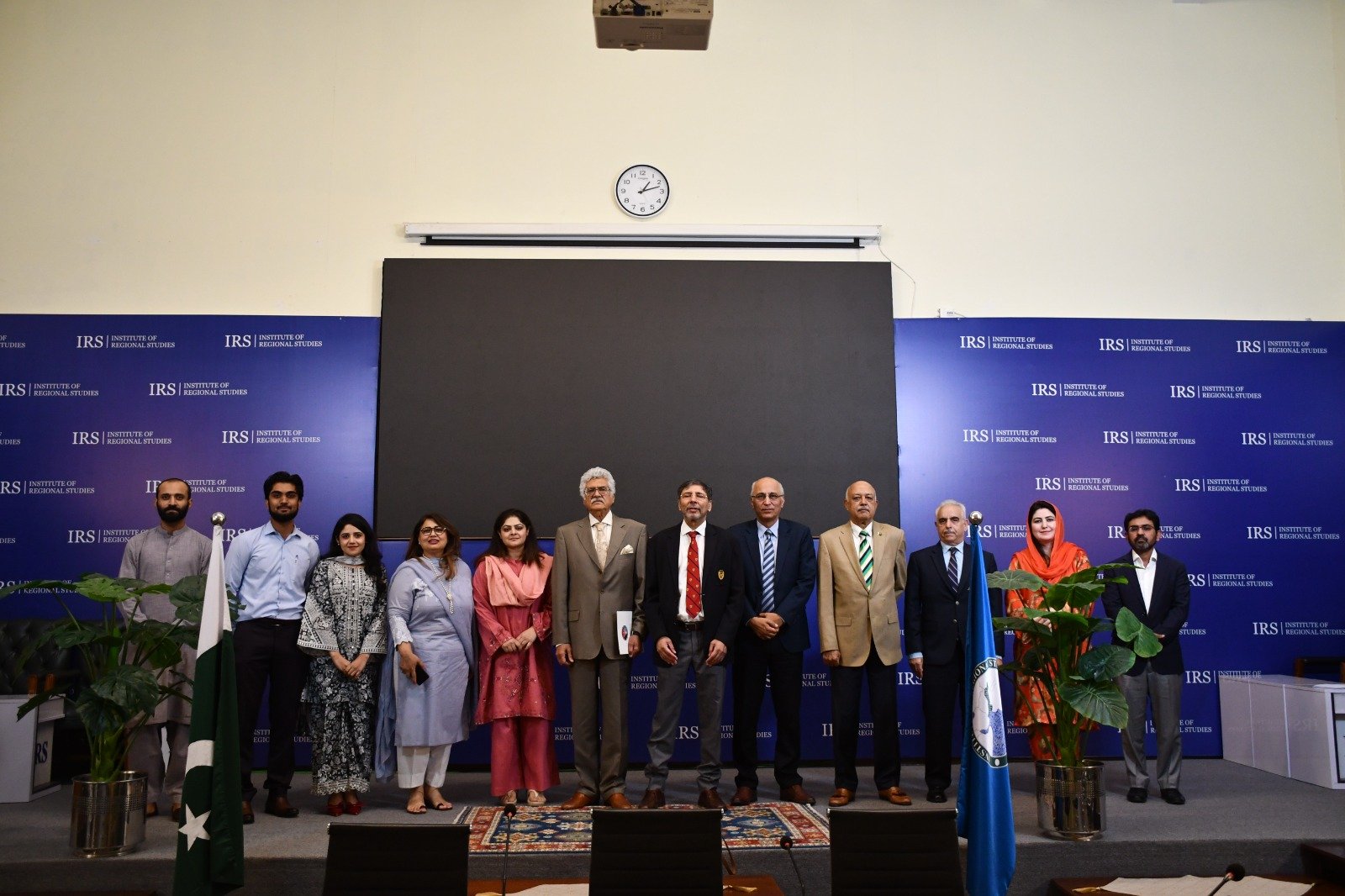

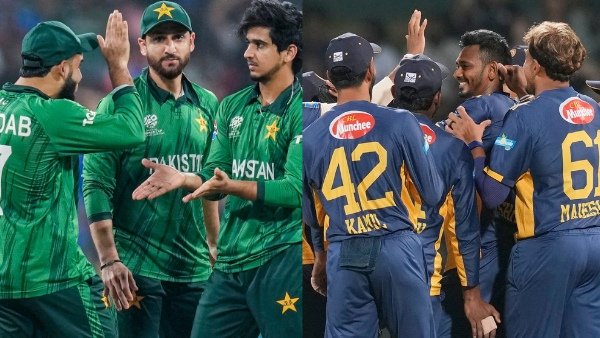
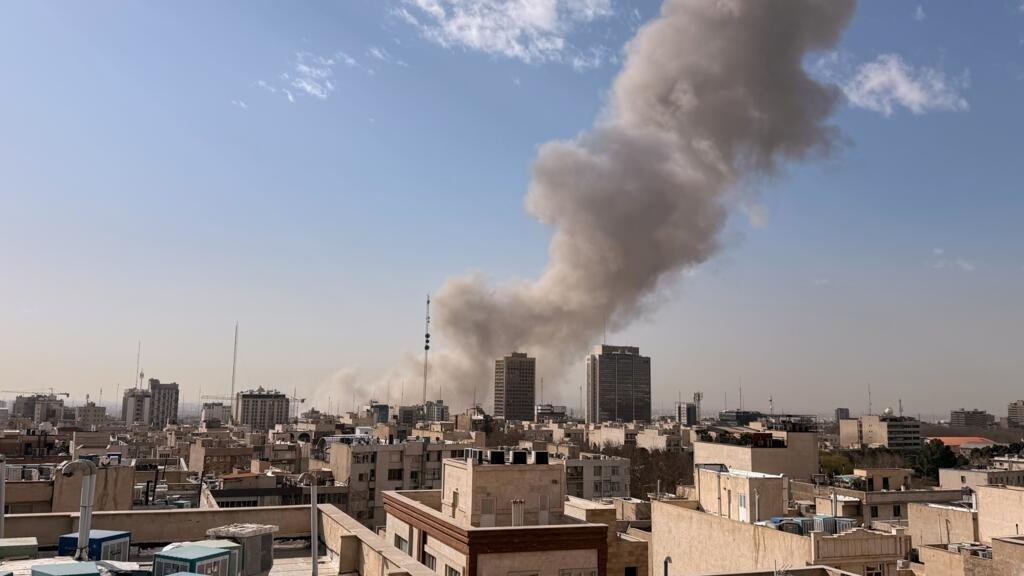
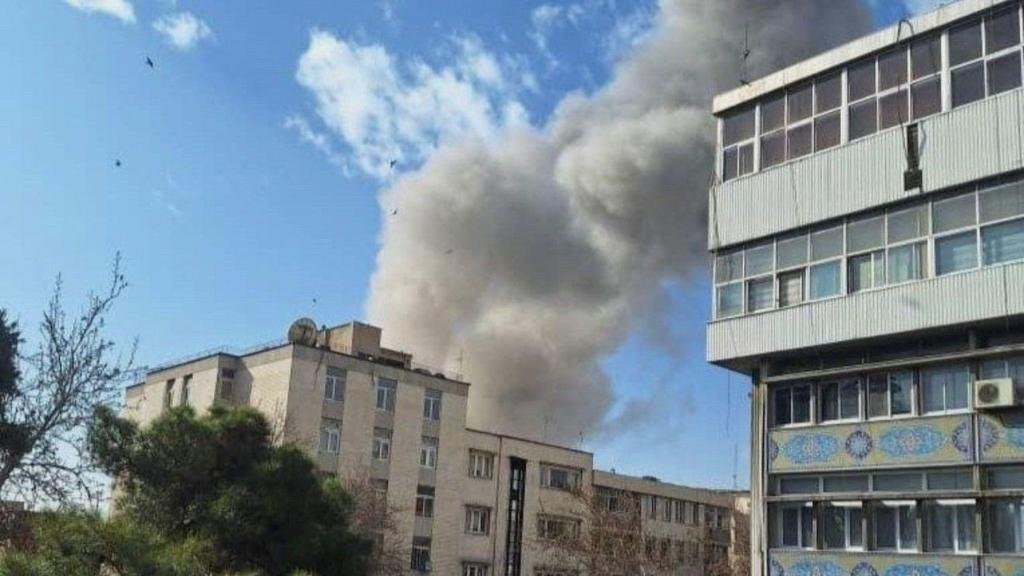
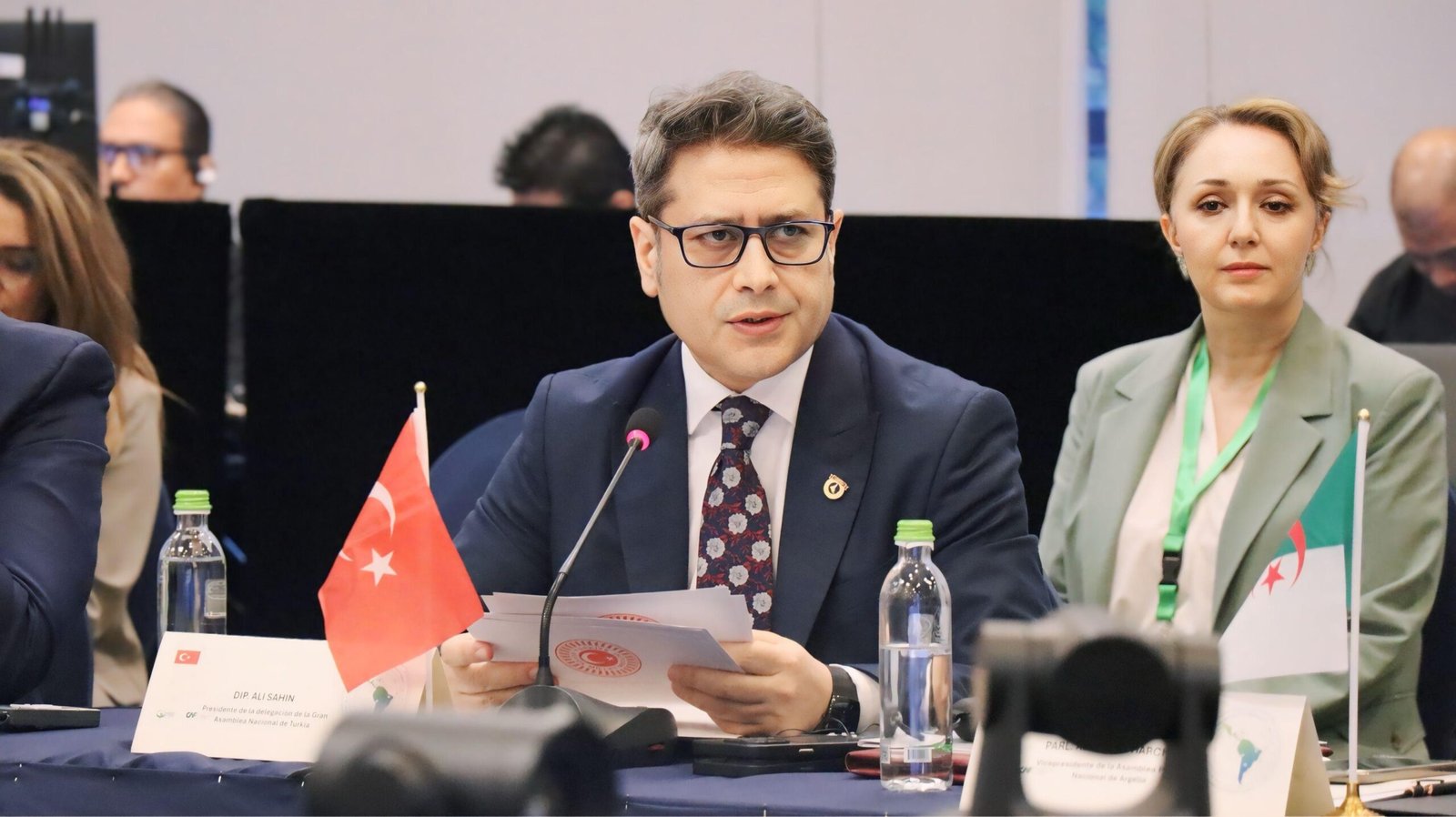
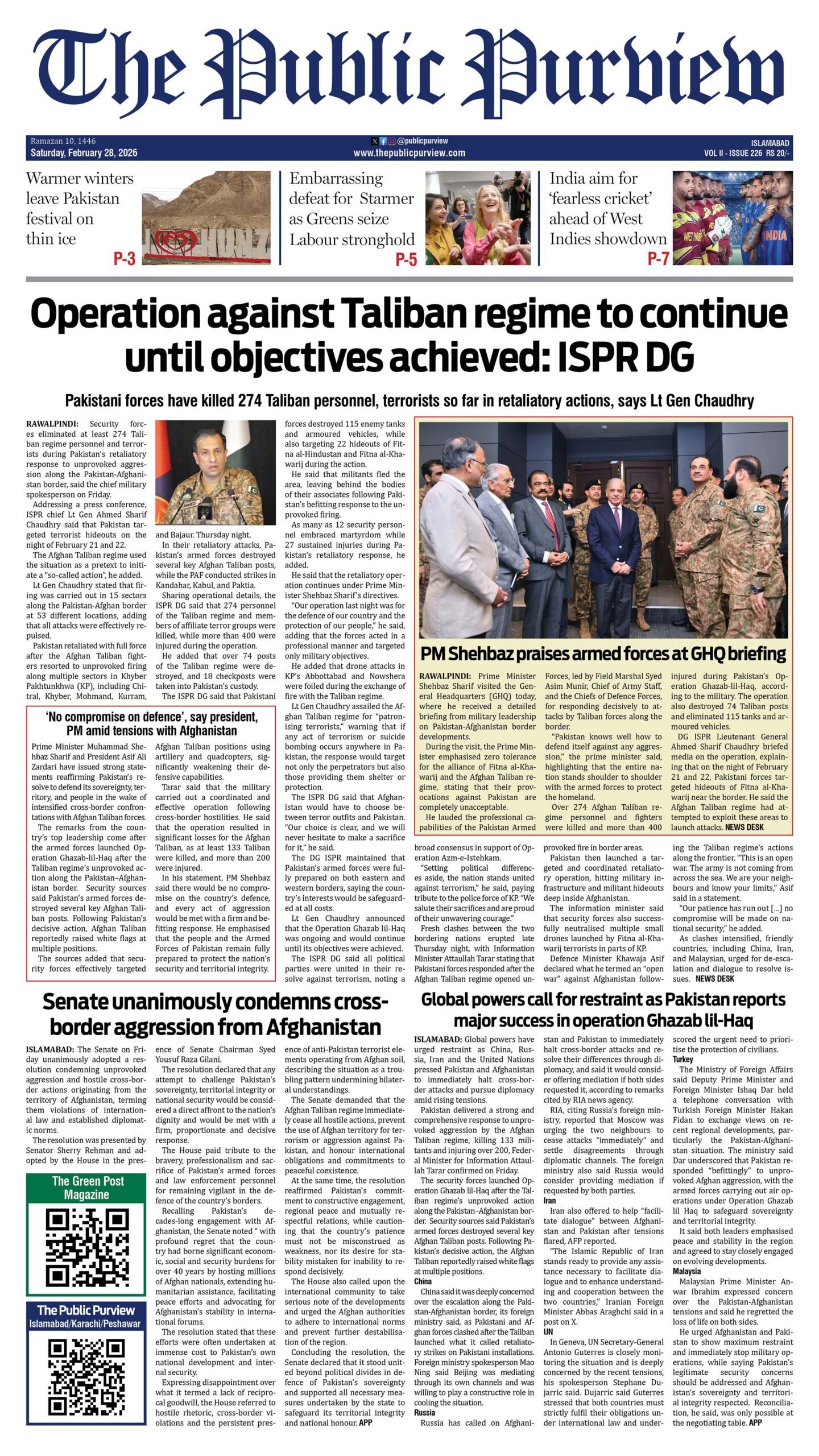 Today's E-Paper
Today's E-Paper